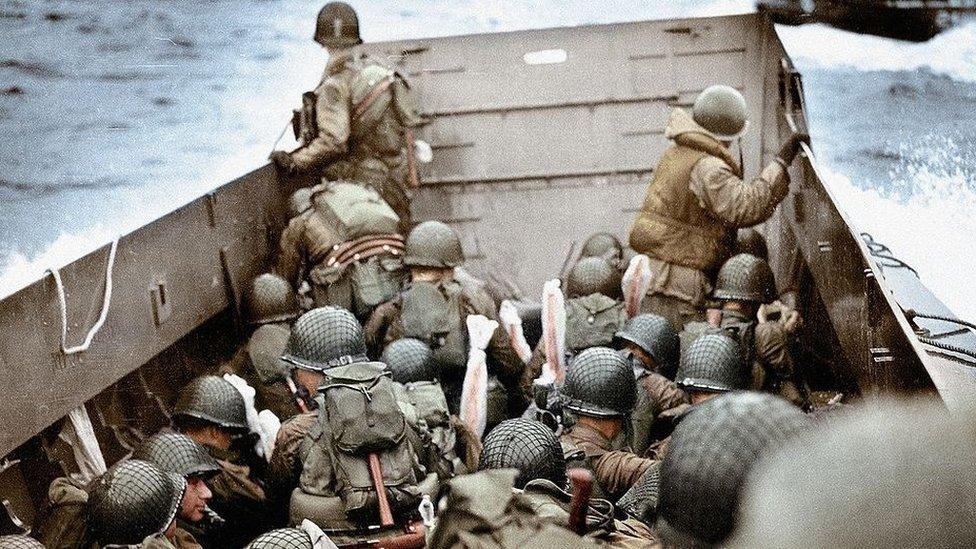D-Day memorial trees to honour city's fallen
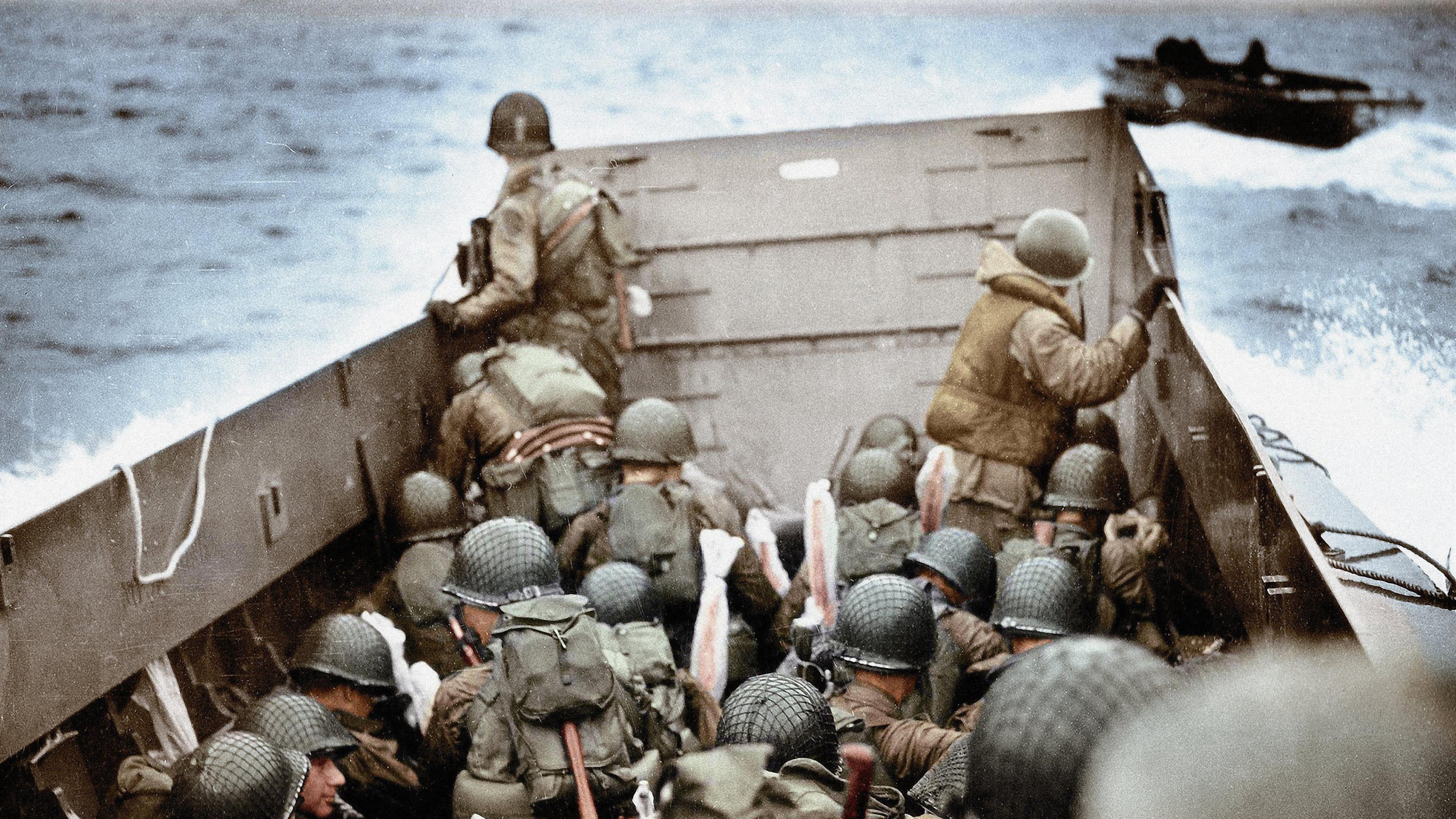
D-Day remains the largest amphibious invasion in military history
- Published
Residents living in or near the homes of fallen soldiers from the Normandy landings have been offered memorial trees.
Portsmouth City Council has tracked down the past addresses of the 119 men from the city who lost their lives on D-Day and the ensuing Battle of Normandy.
Those now living at the addresses will be able to request a a memorial tree sapling from the council.
The city is also hosting a televised commemoration to mark the 80th anniversary of D-Day.
Councillor Kimberly Barrett, cabinet member for climate change and environment at Portsmouth City Council, said the memorial trees would "help to honour the brave men" who fought and fell during the D-Day invasion.
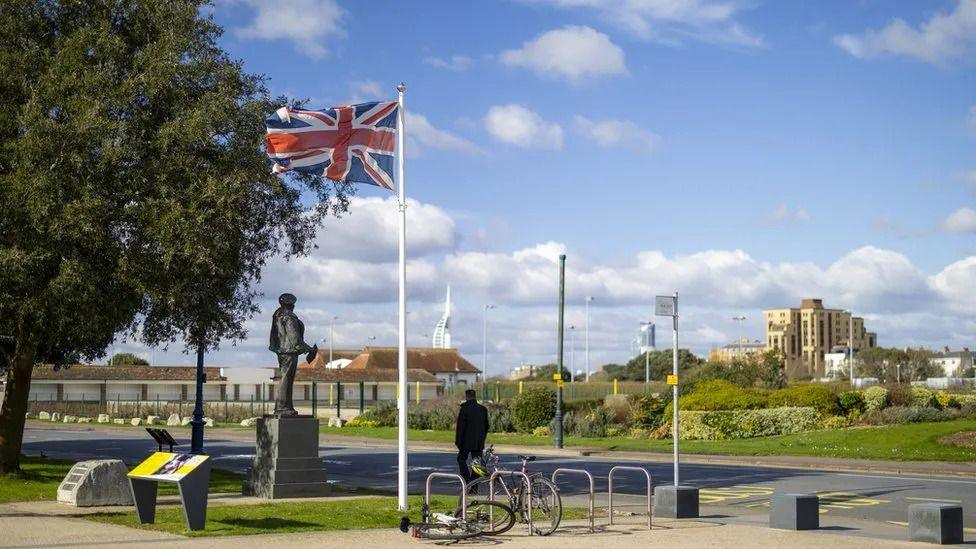
The D-Day commemorations in Portsmouth will see ceremonies on a purpose-built stage constructed on Southsea Common
The D-Day landings on 6 June 1944 brought together the land, air and sea forces of the allied nations in the largest amphibious invasion in military history and began the process of ending World War Two in Europe.
Ms Barrett said the memorial trees would also help support the council's climate policy, which includes planting more trees around the city.
"This is a fantastic way to support greening while commemorating Portsmouth servicemen who played a pivotal role in history,” she added.
Addresses of the fallen servicemen were uncovered with the help of the 1939 National Register - with current residents being directly contacted by the council about the scheme.
The saplings, provided in partnership with the Royal Navy, are hazel and will be allocated on a first-come, first-served basis.
Follow BBC South on Facebook, external, X (Twitter), external, or Instagram, external. Send your story ideas to south.newsonline@bbc.co.uk, external or via WhatsApp on 0808 100 2240, external.
- Published16 May 2024
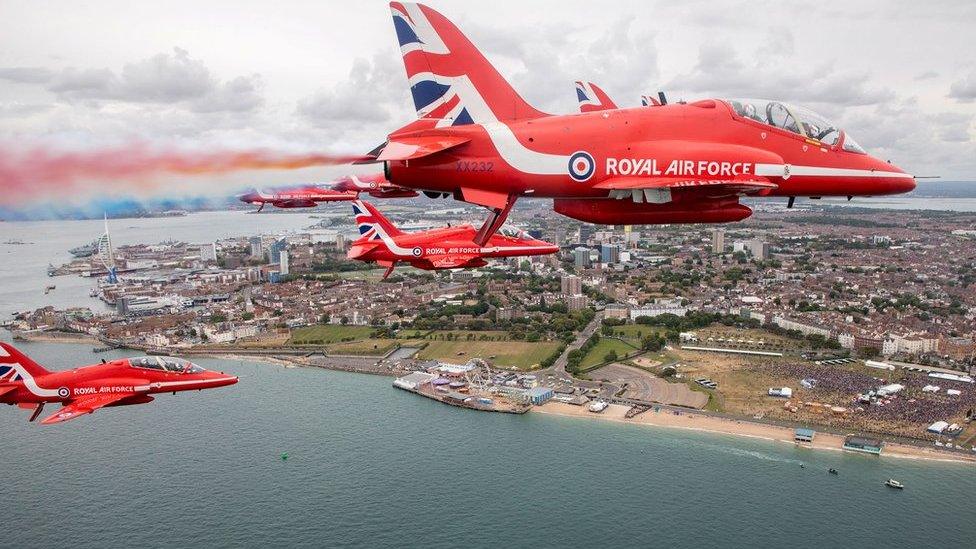
- Published9 May 2024
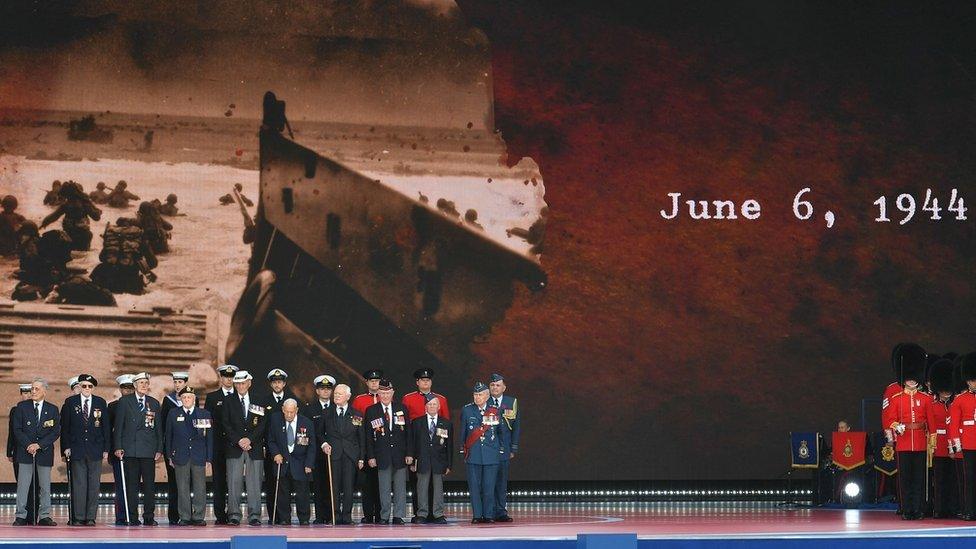
- Published6 June 2024
